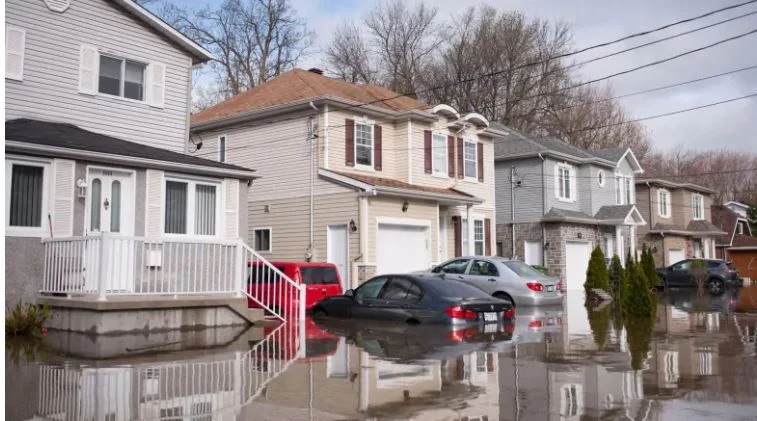David Price hates when it rains. "It's just anxiety and stress," said the Orléans man, who for the past eight years has seen his Harvest Crescent backyard fill up with water whenever there's a downpour. The issue has to do with a city-owned culvert behind Price's home that he says is spilling water into his yard. When he bought the house in 2014, it wasn't a huge problem — but Price said it's been getting worse each year since then.
Dam nuisance: St. Albert explores beaver-habitat flood mitigation
The City of St. Albert plans to add a couple of new tools to its water-management tool belt over the next few years to counteract problems caused by the local beaver population. Melissa Logan, the city's environmental coordinator, said staff will install pond levellers in high-priority spots throughout Carrot Creek and the Sturgeon River, starting this summer. Unbeknownst to the estimated 16 individual beavers who call these rivers home, pond levellers allow water to flow through dams to prevent flooding, Logan said.
Wastewater spill from Travellers Rest business was an accident
A Travellers Rest business has taken responsibility for a recent wastewater spill and is working to make sure it never happens again. The spill was noticed on Dec. 27, when Chris Wall, who lives in the adjacent community of New Annan, saw that the stream on his property was filled with smelly, grey water. “Seventy-five feet from the brook, I could smell the potato leachate,” said Wall, whose property is more than a kilometre from P.E.I. Potato Solutions, which has offered washing and sorting services to farmers across the Island since 2014. Wall snapped photos showing what he described as an unusual, thick, grey cloud of material in the stream, a tributary to the Barbara Weit River. He immediately suspected the wash plant and went directly to the culvert that exits the property, where he photographed dirty water flowing off-site. Wall reported what he saw to the Department of Environment.
'It's a problem for society': Climate change is making some homes uninsurable
As an insurer, Intact obviously has its own data and maps. Based on that, the company assumes as many as five per cent of those newly at-risk properties will be simply uninsurable. Brindamour warns that "if you're in a zone that gets flooded repeatedly, or where the odds of being flooded has increased meaningfully, it'll be hard to find insurance from private capital."





